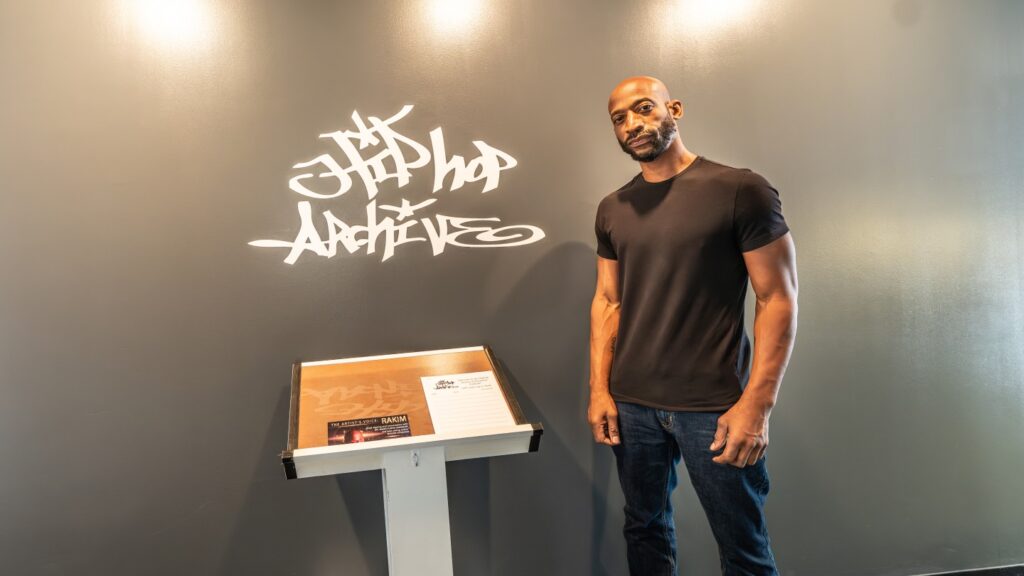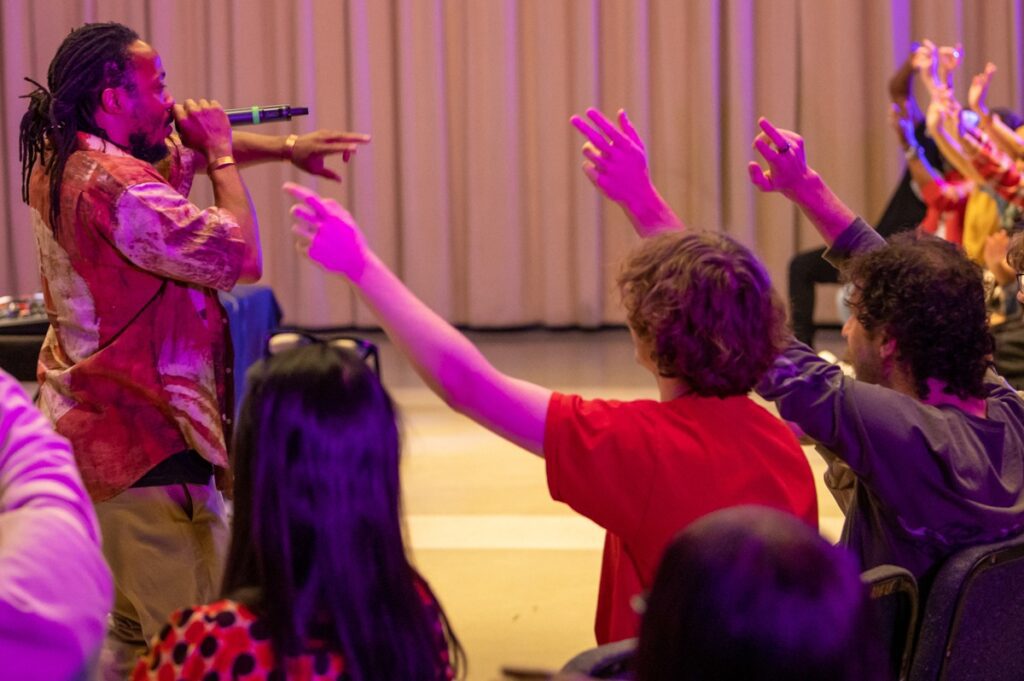
There’s no art form that’s without its own archivists, researchers, and experts, but not all of them come with the academic credentials to go with it. From combing through lyrical double entendres, understanding the social climate around an iconic album, or mastering the changing techniques of producing and sampling, hip-hop is rife with opportunities for the perfect deep dive. For those who want to explore its scholastic side, from university-level courses to well-preserved exhibits and archives, hip-hop has long found its footing as academic practice.
When writers like Michael Eric Dyson, Nelson George, Tricia Rose, and Cornel West took on the genre’s nuances in the 1990s, they examined it through disciplines like race, history, sociology, politics, gender, language, music history and black radical tradition to dissect its wider implications. In her 1999 book When Chickenheads Come Home to Roost, journalist Joan Morgan grappled with the role of women in Hip-Hop as a lifelong fan and critic, while Rose’s Black Noise and The Hip Hop Wars explored the relationship between the genre and American society and how the genre shaped conversations about race. By 2002, Harvard launched its Hiphop Archive & Research Institute to preserve the genre’s most influential contributions, while Cornell University boasts a collection of over 250,000 items, including books, magazines, artwork, recordings, photos and party flyers that document hip-hop’s earliest beginnings. In that, artists, writers, and even fans have become archivists, meticulously cataloging a culture from the inside in ways that have helped push it deeper into the realms of academia.
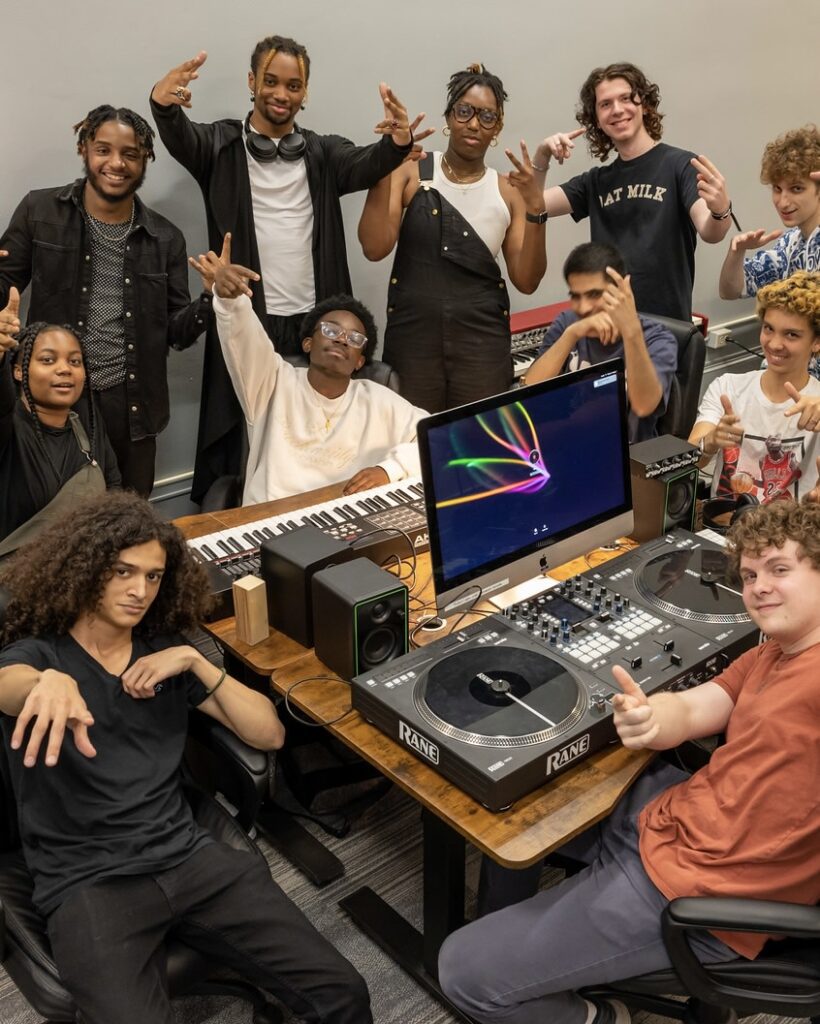
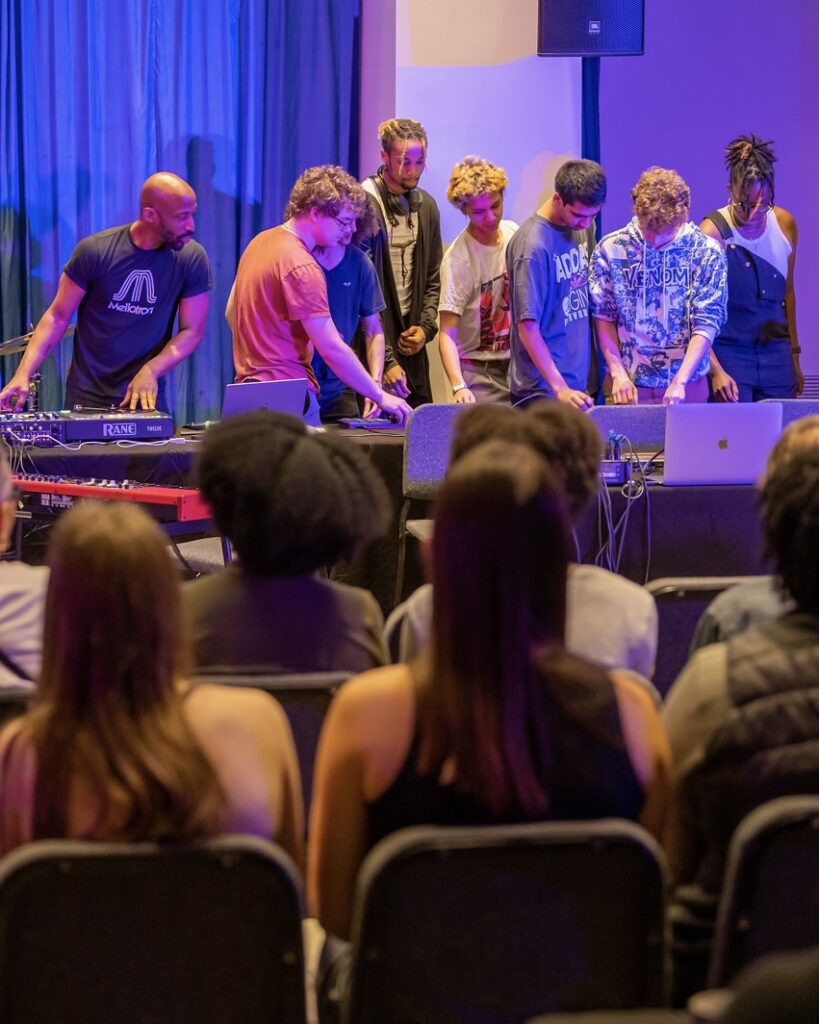
Over the last three decades, since Howard University offered the first hip-hop focused class to its students back in 1991, schools across the country would go on to incorporate Hip-Hop studies into their course and program offerings. At NYU, several courses explore everything from the history of Hip-Hop in America and across the globe to the iconic work of late producer J DIlla, while schools like UC Berkeley and Georgia Regents University offer courses dissecting the lyrics of Tupac Shakur and Kendrick Lamar, and Duke University counts producer 9th Wonder among its adjunct professors.
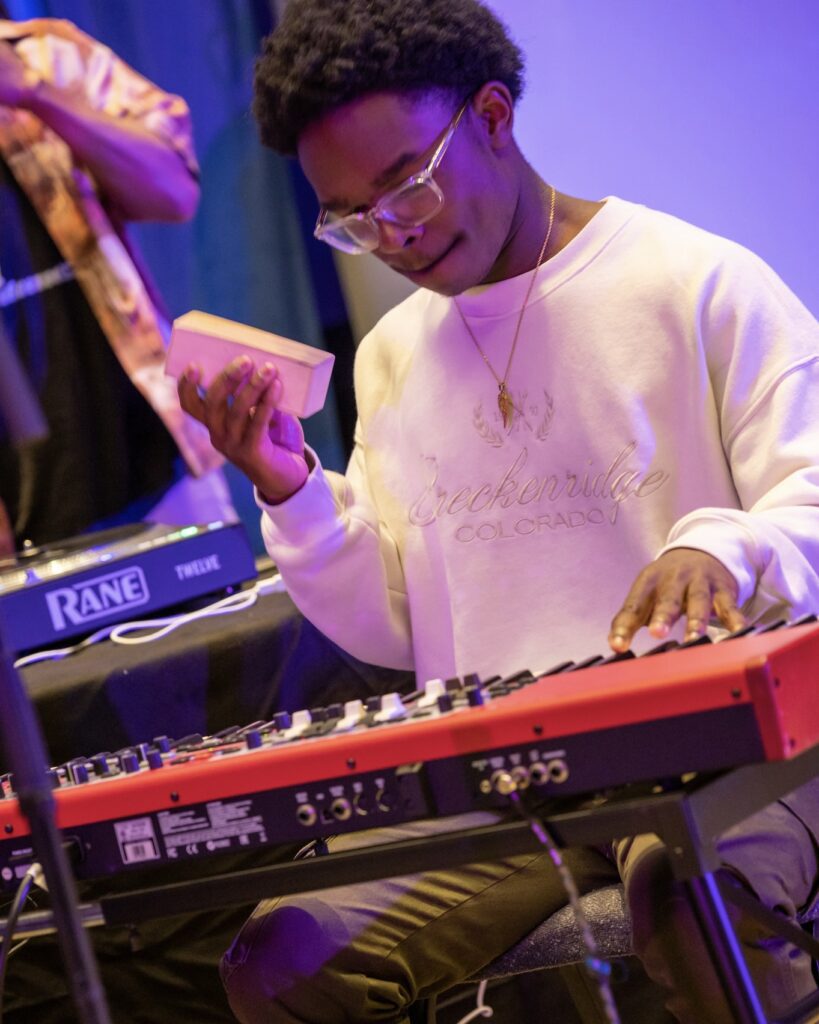
While many of these courses and programs are often electives, diplomas or minors, a new undergraduate degree program at the Peabody Conservatory, the oldest conservatory in the country and a division of the Johns Hopkins University, will offer students the chance to graduate with a Bachelor of Music in Hip Hop. Spearheaded by producer, pianist, and professor Wendel Patrick, the program is the first of its kind at a traditional music conservatory in the U.S. Following a long tradition of multi-faceted courses, students will learn not only performance and skill development in the traditional one-on-one conservatory education model, but hip-hop’s history and sociopolitical impact, and business and career skills for navigating a constantly-changing music industry.
